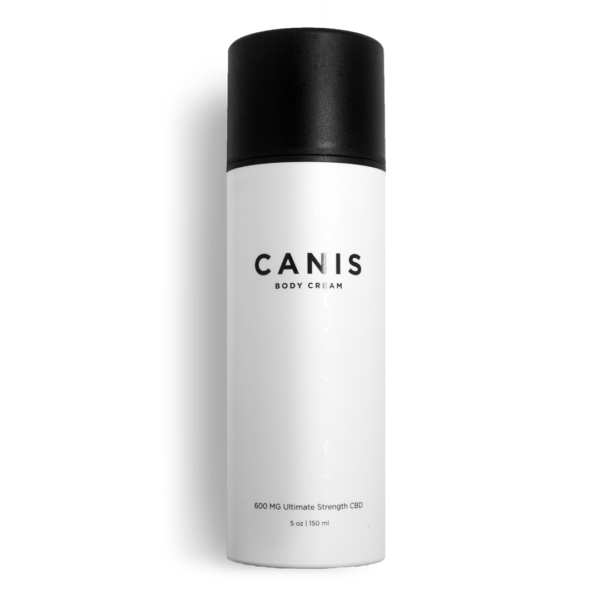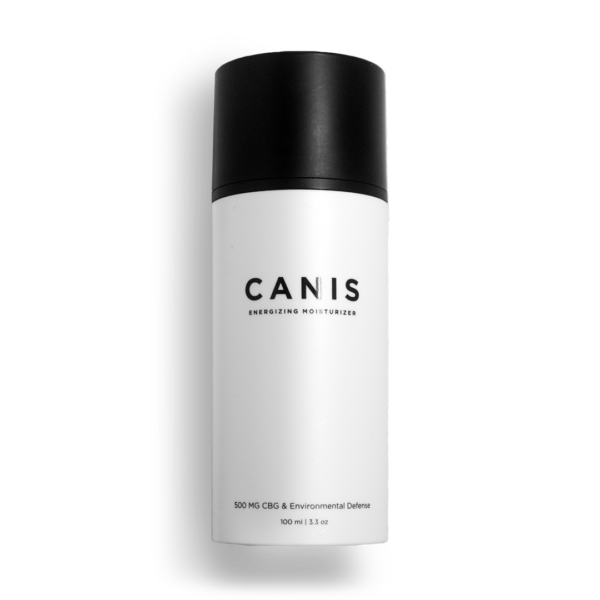Blog
The Potential CBD Oil Side Effects

CBD is generally regarded as a safe substance when applied topically or taken orally. However, there are some potential negatives to be aware of when utilizing this chemical, the majority of which are minor. However, before trying something new it’s always important to know potential CBD oil side effects.
Common CBD Oil Side Effects
Nausea, drowsiness, gastrointestinal problems, dry mouth, decreased appetite, and interaction with other medications are the most common CBD oil side effects. They’re all addressed in further detail below.
Drowsiness
Drowsiness and sedation are two of the most common CBD oil side effects. This is also considered a benefit, but Dr. Jas Matharu-Daley, a physician and the CEO of a CBD company, warns that if you’re taking CBD with other sedative medications, the effects might be too powerful.
Gastrointestinal Issues
Some individuals may suffer from diarrhea or liver problems as a result of CBD usage. This is determined on an individual basis, so constant monitoring is required.
Dry Mouth
CBD, also known as “cotton mouth,” can cause your mouth and eyes to feel very dry. Although this side effect is more typical with THC, it can also occur with CBD.
Can Interact With Other Medications
It’s also important to note that, like THC, CBD may interact with other medications. When taken together, Dr. Matharu-Daley warns that CBD and THC may create a negative interaction. It’s critical to discuss CBD interactions with your doctor if you take any other medicines.
Nausea
According to Dr. Matharu-Daley, some consumers who take CBD pills may experience nausea. This is determined by the person’s sensitivity to CBD as well as the quantity they consume.
The amount of CBD that is absorbed from CBD supplements may vary significantly, owing to the many different forms – such as oils, gummies, tinctures, and vapors – in which they are available. The size of the dose and the brand of CBD product you’re using will also influence how CBD affects you. Each person’s response to CBD is unique, so it’s impossible to predict which (if any) CBD side effects you’ll experience.
What Is Cannabidiol (CBD)?
According to Google Trends, the popularity of CBD—a chemical derived from cannabis that is commonly produced from hemp—has dramatically increased in the past five years. In reality, according to study, “CBD” as a Google search term remained constant from 2004 to 2014 but has exploded by up to 605% since then.
CBD is a cannabinoid found in the cannabis plant, which is known as cannabis sativa. Humans consume the cannabis plant in two primary ways. THC is one of the cannabinoids found in cannabis, and CBD is another. THC and CBD, despite being from the same plant, are extremely different from each other.
She adds, “[Another difference is that] CBD is derived from hemp and has been classified as a legal substance. Hemp has <0.3% THC. Conversely, cannabis plants such as marijuana are grown to have much higher levels of THC and are still illegal according to the FDA, although individual states vary as to their use.”
Are There Any Benefits Associated With Using CBD?
There are several reasons why someone might want to use CBD. The substance may be found in a variety of medications, including pain-relieving lotions, edible tinctures, and skincare products. Although more research is needed, scientists have become more aware of how CBD can help when used topically or ingested in recent years.
“Since discovering the endocannabinoid system (ECS) in the body in the 1990s, CBD has been researched more extensively. The ECS is a central regulatory system restoring normal balance and homeostasis in a range of human physiologic systems throughout the body and brain and has cannabinoid receptors and chemicals in its function,” explains Dr. Matharu-Daley.
CBD benefits include the following:
- CBD can benefit the brain. In fact, according to Dr. Matharu-Daley, CBD is legally administered in a particular drug for certain severe types of epilepsy in children.
- CBD has also been found to have anti-inflammatory effects, which is why it’s frequently seen in topical solutions like oils, creams, and lotions.
- Some research points to CBD’s ability to relieve stress and anxiety.
- It has been used to treat nausea in a few nations.
- CBD may potentially reduce pain symptoms.
- It has antioxidant qualities, which means it can help prevent the formation of free radicals, which accelerate aging.
- CBD may improve the effectiveness of skincare products for people who have very oily skin.
CBD Is Still an Unregulated Substance
It’s worth noting that CBD is not FDA-approved, so dosages may not be precise. It’s also tough to determine what an appropriate dose is the first time you try a new product.
“If the CBD is from a reputable source and one that has been inspected by a third-party independent lab, the content of CBD is more reliable,” notes Dr. Matharu-Daley. “The CBD should be organically grown, free of pesticides and heavy metals, and not sourced in food which can affect absorption. Generally, CBD is safe and side effects are few at low doses.”
A Word From Canis
Because CBD is not regulated in the United States, it should be used with caution. This is especially vital for those on several medications or who suffer from chronic illnesses. However, preliminary research on CBD and its usefulness in treating minor to moderate health issues is encouraging, and it is usually regarded as a safe substance. CBD is not considered a cure-all for major medical issues, including cancer, by health professionals.
As with any type of medicine, we recommend consulting your medical doctor about whether CBD is suitable for you. Your doctor may also propose items that are suited to your demands and help you get the right dose.
In conclusion, knowing the potential CBD oil side effects and benefits, will allow you to make the decision and see what’s right for you.






